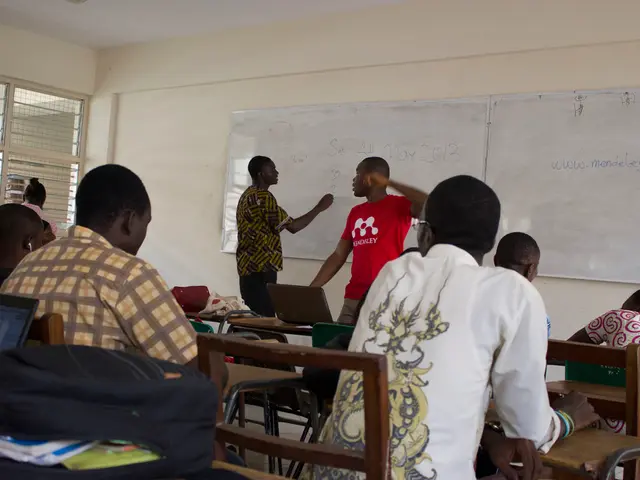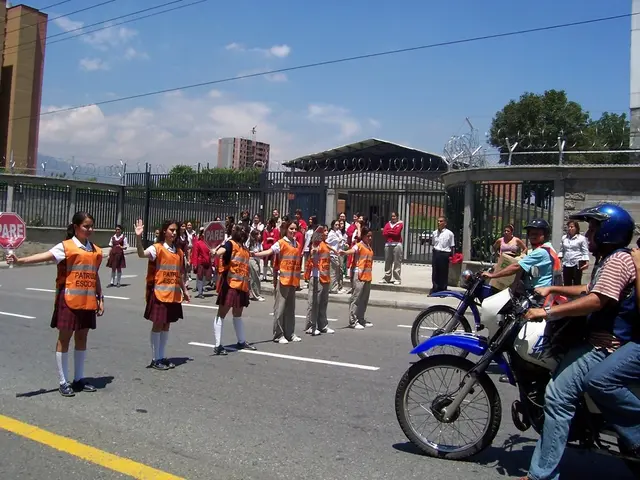School-based Initiative Proposed by Youth Red Cross: Instruction on Resuscitation Necessary - School Rejuvenation Call from Youth Red Cross for Restarting Skills Training in Educational Institutions
In the viewpoint of the German Red Cross Youth (JRK), students ought to learn lifesaving measures, particularly at the onset of emergency situations. Marcel Bösel, the federal leader of JRK, has advocated for the incorporation of layperson CPR training in schools from the 7th grade. In a statement to the German Press Agency, Bösel highlighted that such training is essential for saving lives and should not be limited to a select few.
The inclusion of CPR training in the curriculum has already been recommended by the Standing Conference of the Ministers of Education and Cultural Affairs since 2014. However, comprehensive implementation still seems absent. First aid, with a focus on CPR, is seldom taught in schools according to Bösel.
The reason for the topic's absence in numerous school curriculums can be attributed to factors such as varying policy perspectives, inadequate funding, and lack of political will. While Lower Saxony has recently mandated the teaching of CPR in schools, this is not mandatory in most federal states due to Germany's decentralized educational policies.
Timely intervention plays a crucial role in instances of cardiac arrest, with every minute counting towards the potential loss or gain of lives. Bösel estimates that as many as 10,000 lives could be saved if layperson CPR training were mandated. People often find themselves uncertain in emergency scenarios, and injuries can occur anywhere, making it imperative that students are well-versed in lifesaving measures.
The German Red Cross Youth currently boasts over 160,000 members, aged 6 to 27, a figure that increased by 20,000 last year. The organization has expressed a desire to enhance first aid knowledge among children and young people, with the aim of training them through school health services. However, in the future, the scarcity of leadership personnel may pose a significant challenge.
It's worth noting that while some European countries mandate CPR training in schools, others, such as Germany, only encourage it without making it compulsory. The implementation of such training can be impeded by funding constraints, insufficient teacher training, and regional disparities, as seen in countries with mandates. The decision to mandate CPR training may depend on the resources available and how health education is prioritized within the curriculum.
In line with the German Red Cross Youth's stance, there should be a broader inclusion of vocational training programs, such as first aid and CPR, in schools' education-and-self-development and health-and-wellness aspects, to empower students with the necessary skills for saving lives. Such training aligns with the science behind timely intervention being critical in instances of cardiac arrest, as every minute can mean the potential loss or gain of lives.








